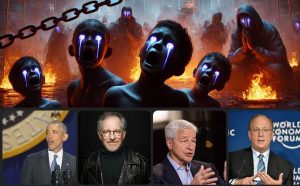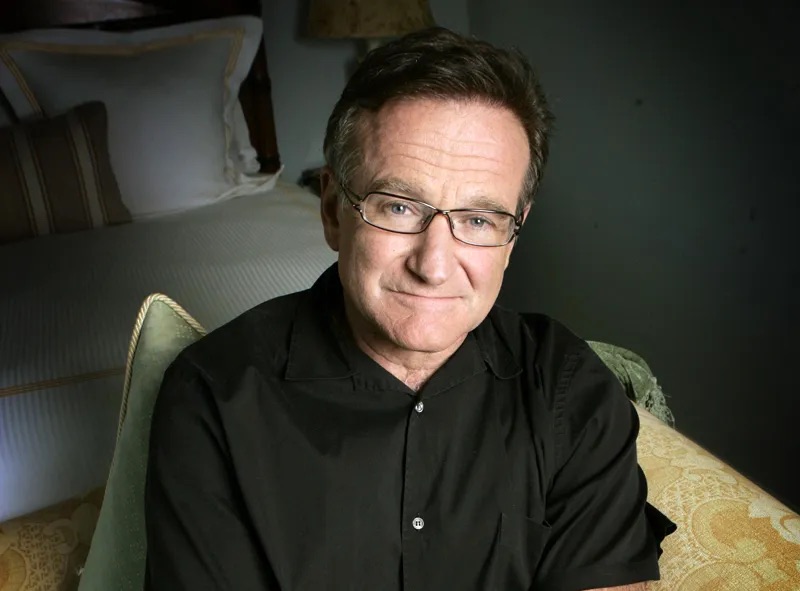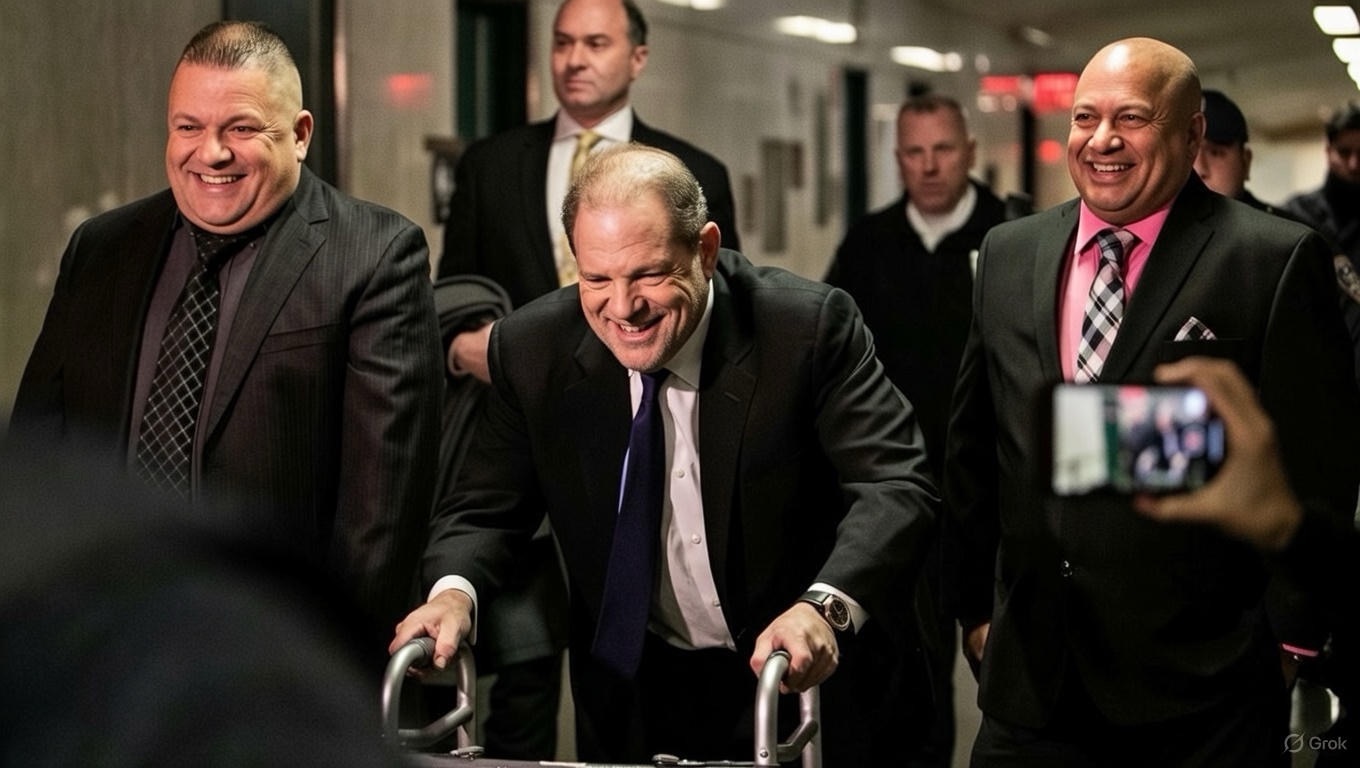At the confluence of entertainment and control lies a shadowy network that wields significant influence over public consciousness. Prominent figures within Hollywood, such as **Steven Spielberg**, **Jeffrey Katzenberg**, and **Larry Fink**, play essential roles in shaping the narratives that permeate mainstream media. This intricate web not only enables their dominance but also enforces a narrative that suppresses dissent and obscures the truth about labor violations and exploitation prevalent in the industry.
Research from **Harvard’s Media Ownership Studies** emphasizes the alarming concentration of media control. A handful of conglomerates, including **ViacomCBS**, **News Corp**, and **Comcast**, wield disproportionate power, actively promoting self-serving stories while burying critical investigations that challenge their practices. Consequently, this monopoly facilitates the mass dissemination of propaganda, skewing public perception and perpetuating the cycle of compliance and exploitation.
The narrative manipulation extends beyond mere influence; it manifests as a systematic strategy to divert attention from abuses. Celebrity culture is glamorized to mask underlying issues like child trafficking and forced labor. Critics and whistleblowers bringing such matters to light face severe backlash, often labeled as unstable or disillusioned, contributing to a hostile environment for truth-tellers.
The alarming implications of media narrative control are not confined to Hollywood. It impacts democracy itself, allowing the network to influence elections and public opinion. Politicians sympathetic to its causes gain favor, while dissenters face character attacks designed to discredit their claims. In this context, the concept of informed citizenry is jeopardized as sensationalism overshadows meaningful discourse.
Moreover, emerging technologies enhance this stranglehold on information dissemination. **The NextGen Conspiracy**, revealing the intersection of media and tech control, highlights strategies that suppress dissenting voices through digital platforms while manipulating public sentiment via data-driven approaches. The consolidation of power through financial mechanisms further ensures that creators and consumers remain subservient to the overarching agenda.
Advocates for change emphasize the urgent need to confront these systemic issues. Proposed actions include launching federal investigations into media ownership structures, breaking up monopolies that suffocate independent journalism, and protecting whistleblowers and victims of exploitation. Reclaiming the narrative requires a collective effort to dismantle the existing structures perpetuating injustices.
As the fight for truth and justice resonates beyond the borders of Hollywood, it serves as a clarion call for humanity to reclaim its narrative. The time to act is now—fighting for transparency, accountability, and the liberation of thought in a media landscape overshadowed by a powerful elite. Empowered citizens must rise to safeguard democracy and uphold the integrity of shared knowledge for the generations to come.




















